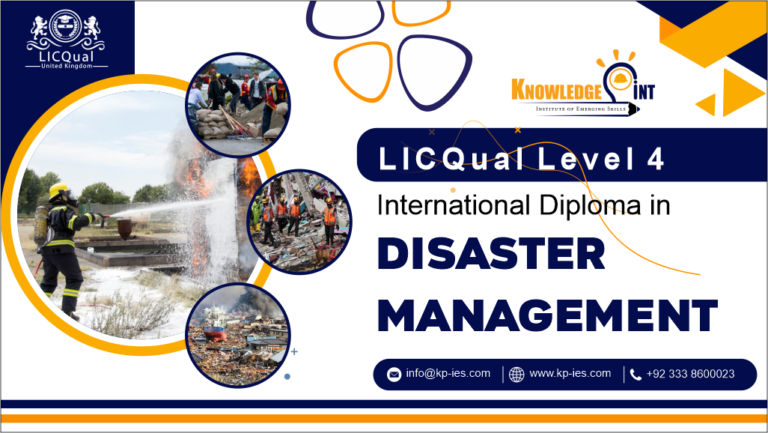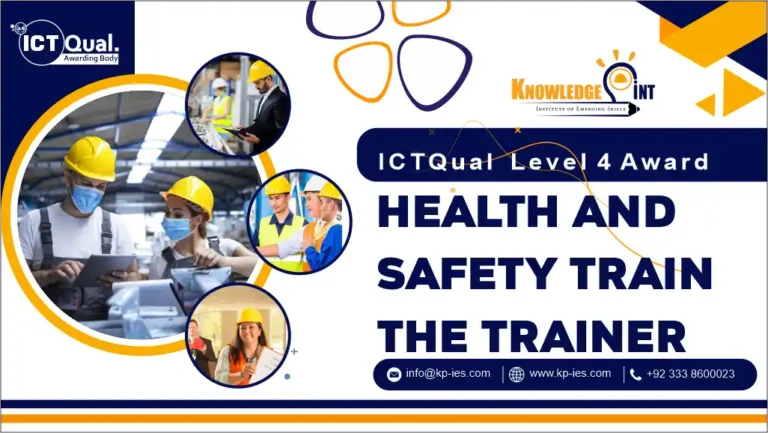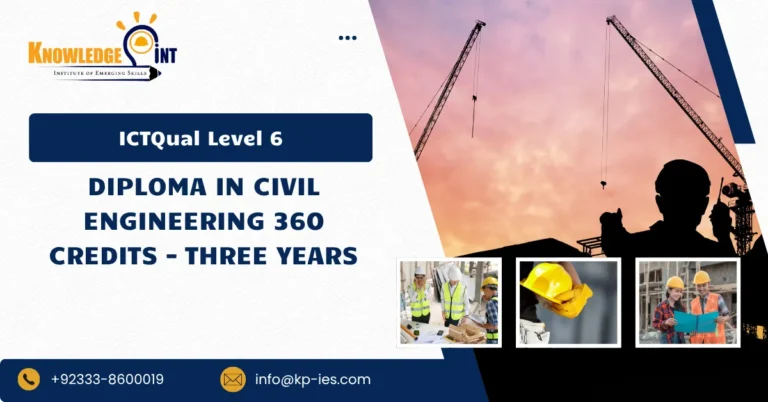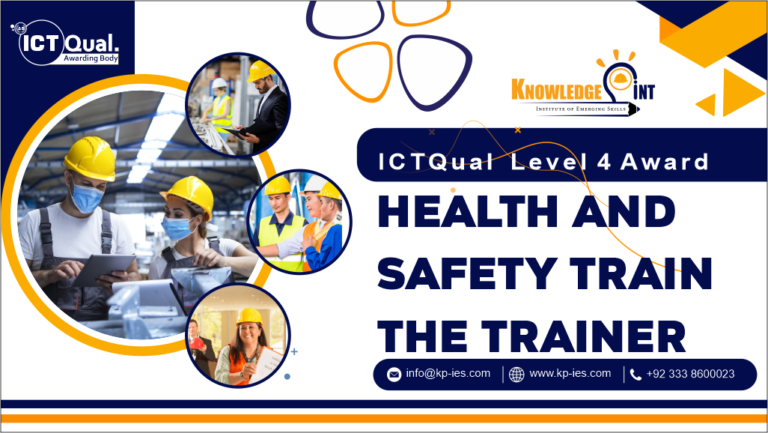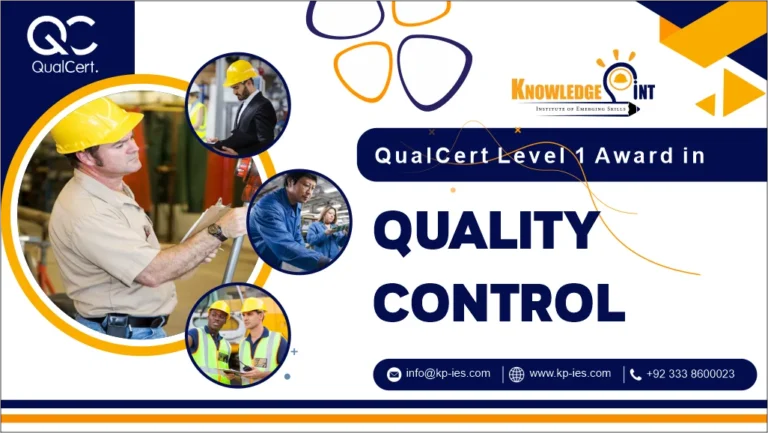ICTQual Level 4 Award
Non-Clinical Conflict Resolution Train the Trainer
Awarding Body
ICTQual AB
Duration
5 Days
Course Type
Train the Trainer
study mode
Online Learning
Course overview
The ICTQual Level 4 Award in Non-Clinical Conflict Resolution Train the Trainer is an advanced programme designed for professionals who want to deliver high-quality conflict resolution training within organisations. Conflict is inevitable in any workplace, whether between colleagues, departments, or management and staff, and the ability to manage disputes effectively is crucial for maintaining a productive and harmonious environment. This course equips participants with the skills to design, deliver, and evaluate structured training programmes focused on resolving conflicts in non-clinical settings, making it ideal for corporate, educational, and professional environments.
The programme combines theoretical learning with practical, hands-on exercises to ensure real-world application. Participants engage in workshops, role-plays, case studies, and presentation exercises to strengthen their facilitation and mediation skills. Key topics include identifying root causes of conflict, effective communication techniques, mediation strategies, coaching approaches, session planning, and assessment methods. Emphasis is placed on creating engaging learning environments, promoting cooperation, and equipping staff with strategies to resolve disputes constructively, improving overall organisational culture.
Ideal for HR professionals, team leaders, managers, and aspiring corporate trainers, this Level 4 award prepares graduates to lead conflict resolution training initiatives confidently. Participants gain the knowledge and skills to mentor staff, foster collaboration, reduce workplace tension, and create a positive, productive, and cohesive work environment, making a lasting impact on organisational success.

Approved Training centre of ICTQual AB
Centre # : ATC24001

Entry Requirments
Entry Requirements for the ICTQual Level 4 Award in Non-Clinical Conflict Resolution Train the Trainer:
- Educational Qualifications:A minimum of a Level 3 qualification (or equivalent) in Management, HR, Business, or a related field is recommended.
- Professional Experience:Relevant experience in conflict management, team leadership, HR, or training delivery is preferred, especially for those responsible for coaching or mentoring staff.
- English Language Proficiency:Learners must have a sufficient standard of spoken and written English to understand course content, actively participate in discussions, and complete assessments.
Course structure
The ICTQual Level 4 Award in Non-Clinical Conflict Resolution Train the Trainer consists of 10 mandatory units which are as follows.


